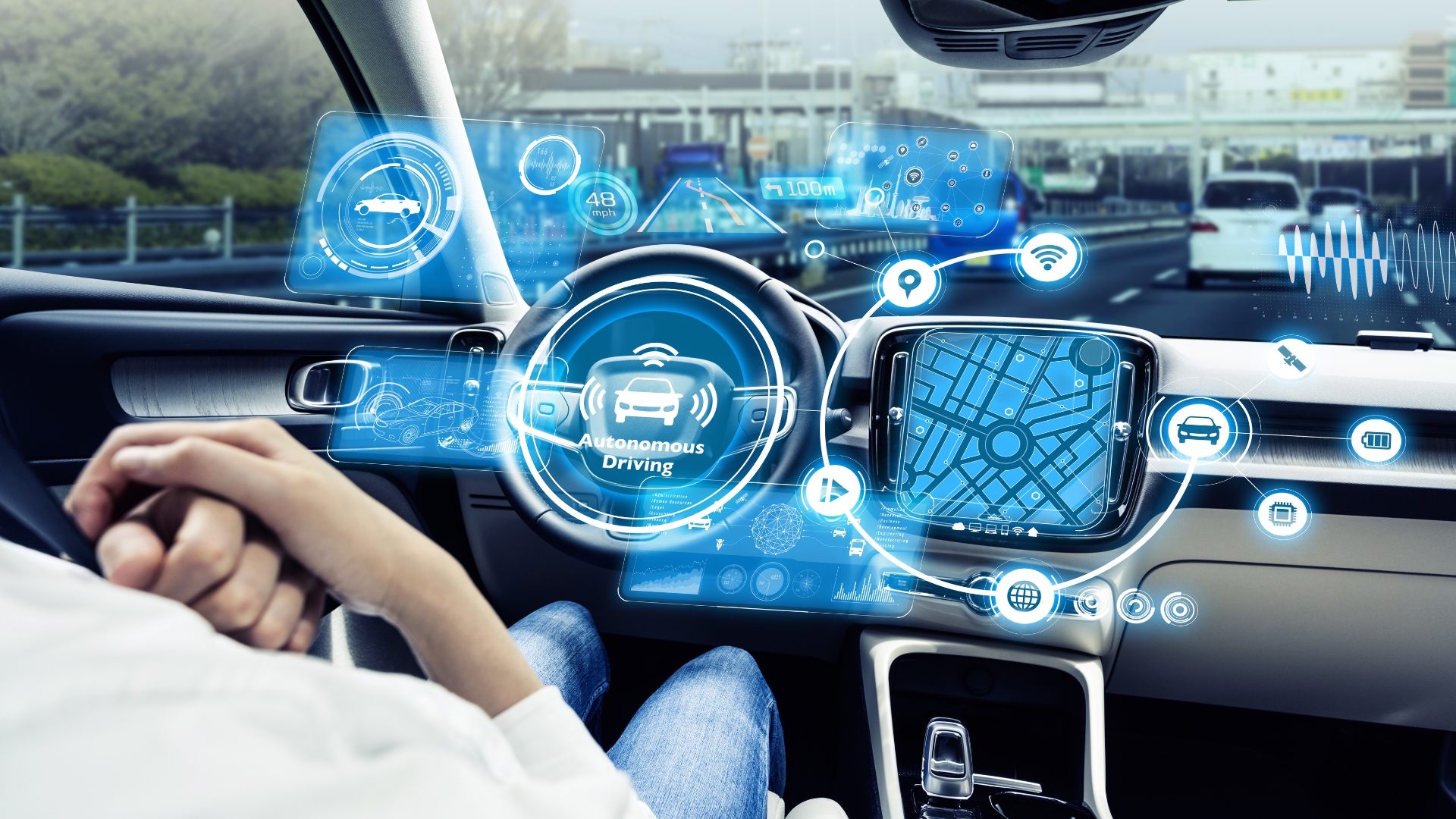
Autonomous vehicles (AVs) are no longer a distant dream—they are fast becoming a reality that will redefine the automotive industry. As self-driving cars continue to advance, dealerships must adapt to the challenges and opportunities that this technological shift brings. Preparing for a driverless future means reevaluating everything from sales strategies to service offerings and training staff to deal with cutting-edge technologies. Dealerships that begin adapting now will be well-positioned to thrive as AVs become mainstream.
The Rise of Autonomous Vehicles
The development of autonomous vehicles has accelerated significantly in recent years, with companies like Tesla, Waymo, and traditional automakers leading the charge. AVs are equipped with advanced sensors, cameras, and AI systems that allow them to navigate roads, detect obstacles, and make real-time driving decisions without human input. While fully driverless vehicles are not yet widespread, semi-autonomous features such as self-parking, lane assistance, and adaptive cruise control are already in many vehicles on the road today.
As these technologies evolve, AVs are expected to dramatically change the way people travel and interact with vehicles. This shift will impact not only drivers but also the entire automotive ecosystem, including dealerships.
The Impact of Autonomous Vehicles on Dealerships
Changes in Sales Strategies
With the rise of autonomous vehicles, consumer expectations are likely to shift. Buyers will prioritize technology, safety, and convenience features over traditional performance metrics like engine power or acceleration. As a result, dealerships will need to rethink their sales approach, focusing on educating customers about the benefits of autonomous driving technologies.
Sales staff will need to be well-versed in the latest autonomous systems, from the basics of how they work to the various levels of autonomy offered in different models. Dealerships will also need to demonstrate the capabilities of AV features, offering test drives and virtual demonstrations that showcase how autonomous systems function in real-world conditions.
New Service and Maintenance Models
Autonomous vehicles are equipped with sophisticated software, sensors, and hardware that require specialized knowledge for maintenance and repair. Traditional mechanical repairs will still be necessary, but dealerships will also need to offer software updates, recalibration of sensors, and diagnostics for AI-driven systems.
As autonomous technology evolves, service departments will need to invest in new equipment and training for technicians to keep pace with the demands of maintaining AVs. Technicians will need to be trained in troubleshooting advanced systems like LIDAR (Light Detection and Ranging), AI algorithms, and vehicle-to-infrastructure (V2I) communication technologies.
Shifting Consumer Preferences
As driverless vehicles become more common, consumer preferences regarding car ownership and usage are expected to evolve. With the advent of autonomous ride-hailing services and car-sharing platforms, many people may no longer feel the need to own a vehicle. Instead, they may opt for mobility as a service (MaaS), relying on AVs for short-term, on-demand transportation.
This shift could reduce the volume of traditional car sales, pushing dealerships to explore new revenue streams. Offering subscription models, leasing, or partnerships with ride-sharing services could help dealerships tap into the growing demand for flexible, tech-enabled mobility options.
Increased Focus on Connectivity and AI
Autonomous vehicles are more than just driverless—they are part of a larger connected ecosystem that includes AI, cloud computing, and smart infrastructure. As a result, dealerships will need to emphasize connectivity features when selling AVs. These features include vehicle-to-vehicle (V2V) communication, which enables cars to share information with each other in real time, and vehicle-to-everything (V2X) systems that allow vehicles to communicate with road infrastructure, traffic lights, and more.
Consumers will expect dealerships to not only explain these features but also assist with software updates, connectivity troubleshooting, and integration with smart city technologies.
Training Staff for the Driverless Era
One of the biggest challenges for dealerships will be preparing staff to sell and service autonomous vehicles. Sales teams will need comprehensive training on AV technology, from how autonomous systems work to addressing consumer concerns about safety and reliability.
Service technicians will require specialized training in AI-driven diagnostics and the latest sensor technologies. This includes understanding how to service the complex systems that power autonomous features, from advanced driver assistance systems (ADAS) to vehicle-to-infrastructure communication modules.
Investing in continuous education and certifications for staff will be crucial to staying competitive in the rapidly evolving AV market.
Preparing for Legal and Regulatory Changes
The rise of autonomous vehicles also brings about significant legal and regulatory changes. Dealerships must stay informed about evolving laws and regulations regarding autonomous driving, liability, and insurance. As government agencies develop new guidelines for AVs, dealerships will need to adapt their operations to comply with these requirements.
This includes understanding the legal framework for selling and servicing autonomous vehicles, as well as how liability for accidents or system malfunctions may shift as more control moves from drivers to AI systems. Offering customers guidance on navigating these legal challenges could become an important value-added service.
Embracing the Future: Opportunities for Dealerships
While the transition to a driverless future may seem daunting, it also offers exciting opportunities for dealerships. Early adopters of AV technologies will have the advantage of positioning themselves as experts in the field, attracting tech-savvy customers who are eager to experience the latest innovations.
By embracing new sales models, investing in cutting-edge service capabilities, and training staff to excel in a connected, autonomous world, dealerships can create a competitive edge. Offering services such as over-the-air software updates, data-driven maintenance packages, and AI-assisted customer support will further solidify their role in the AV ecosystem.
Conclusion
Autonomous vehicles are set to revolutionize the automotive industry, and dealerships must prepare for this driverless future. By adapting sales strategies, investing in new service models, training staff, and staying informed about legal changes, dealerships can thrive in an autonomous world. The shift to driverless cars is not just about technology—it’s about reimagining the entire customer experience. Dealerships that act now will be well-prepared to lead in this new era of transportation.